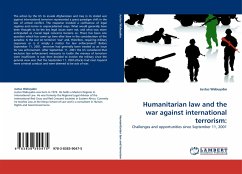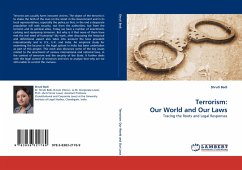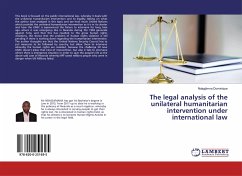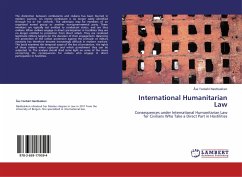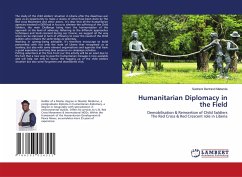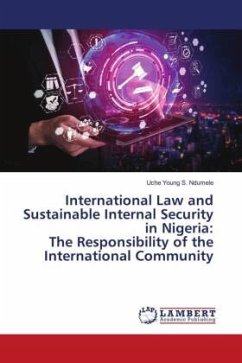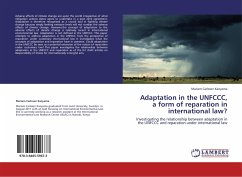The action by the US to invade Afghanistan and Iraq in its stated war against international terrorism represented a great paradigm shift in the law of armed conflict. The response invoked a confluence of legal regimes and norms in unprecedented ways. What would generally have been thought to be the key legal issues were not, and what was never anticipated as crucial legal concerns became so. There has been one question which has come up time after time in the consideration of the paradox: Is the war on terrorism war' and, therefore, requiring military responses or is it simply a matter for law enforcement? Before September 11, 2001, terrorism had generally been treated as an issue for law enforcement. After September 11, 2001 the US considered that exclusive law enforcement measures to tackle the menace of terrorism were insufficient. It was then decided to involve the military since the general view was that the September 11, 2001attacks had risen beyond mere criminal conduct and were deemed to be acts of war.
Bitte wählen Sie Ihr Anliegen aus.
Rechnungen
Retourenschein anfordern
Bestellstatus
Storno

